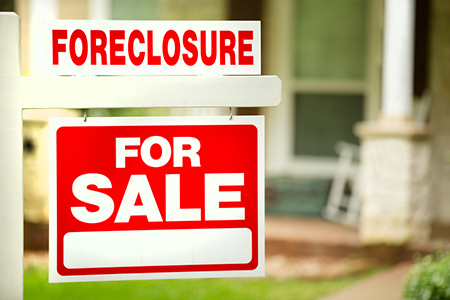
by maria | Aug 22, 2016 | Exclusive QA |
A lender decides to foreclose on, or repossess, a property when the owner fails to pay the mortgage. Unfortunately, thousands of homes end up in foreclosure every year. Many people lose their homes due to job loss, credit problems, divorce, unexpected expenses and...

by maria | Aug 22, 2016 | Exclusive QA |
You can find out more about an existing property and neighborhood before you buy than you can a new home in a newly developed community. When the home is on the outskirts of town, ask the developer about future access to public transit, entertainment venues, shopping...

by maria | Aug 22, 2016 | Exclusive QA |
You would think not since it is new and the developer has to adhere to local construction guidelines. However, err on the side of caution—always hire an inspector, whether the home is old or new. You can ask the builder to provide copies of any inspection reports on...

by maria | Aug 22, 2016 | Exclusive QA |
In real estate, almost everything is negotiable, so it is certainly worth a try. Now, this does not mean the builder will fall down and roll over. It is very common for builders to claim that their prices are based on fixed construction costs. Perhaps, but timing is...

by maria | Aug 22, 2016 | Exclusive QA |
Yes. Among the most popular: -Title 1 Home Improvement Loan. HUD insures the loan up to $25,000 for a single-family home and lenders make loans for basic livability improvements—such as additions and new roofs—to eligible borrowers. -Section 203(k) Program. HUD helps...

by maria | Aug 22, 2016 | Exclusive QA |
According to the Millennial Housing Commission, created by Congress, few lenders are willing to administer home improvement loans. Most prefer to make home equity loans or unsecured consumer loans because they are easier to manage. Home improvement loans usually...










